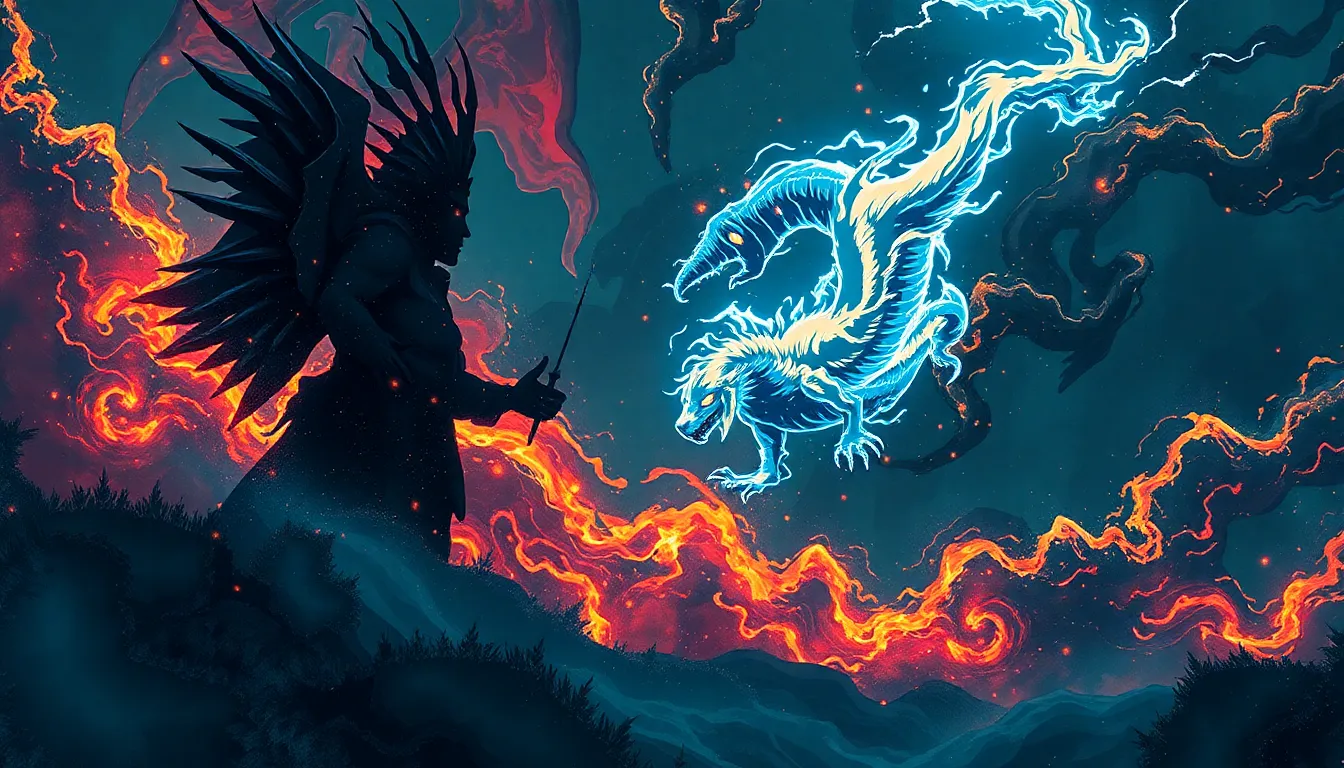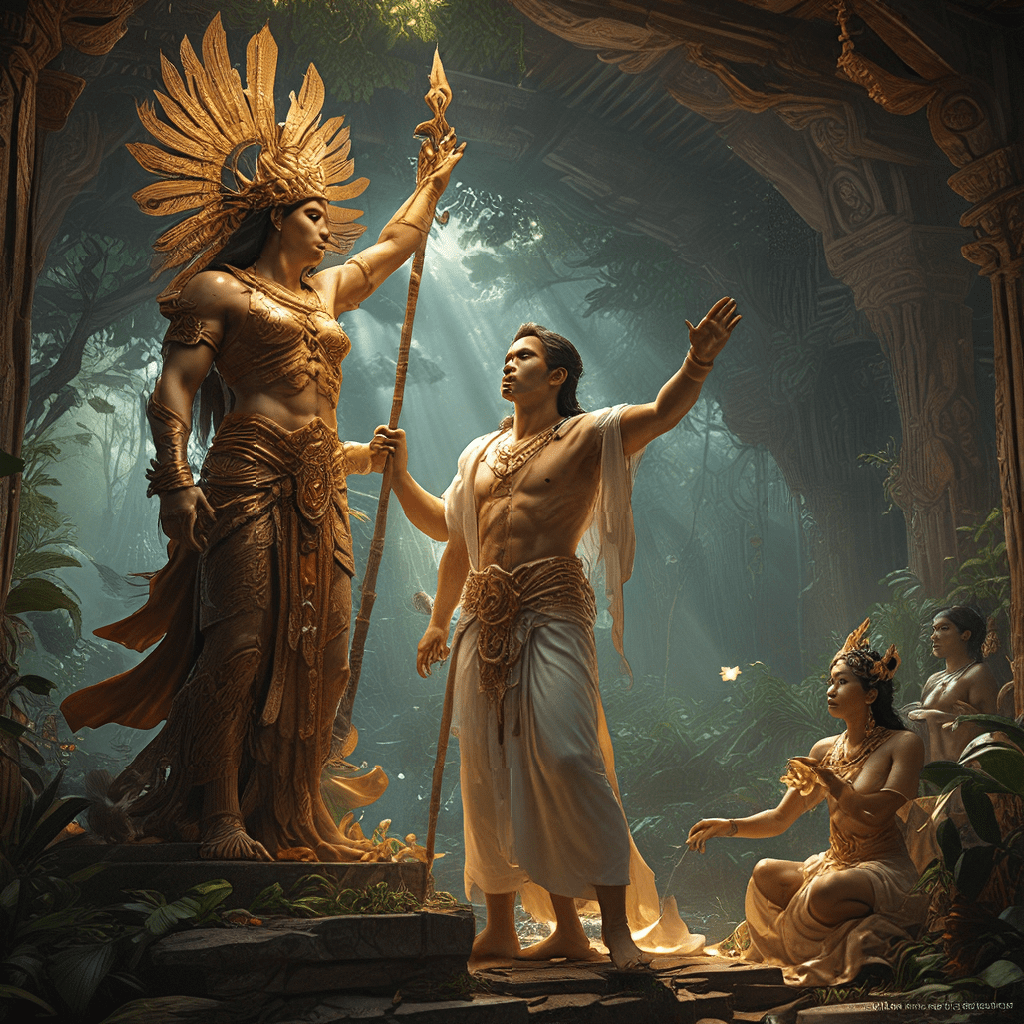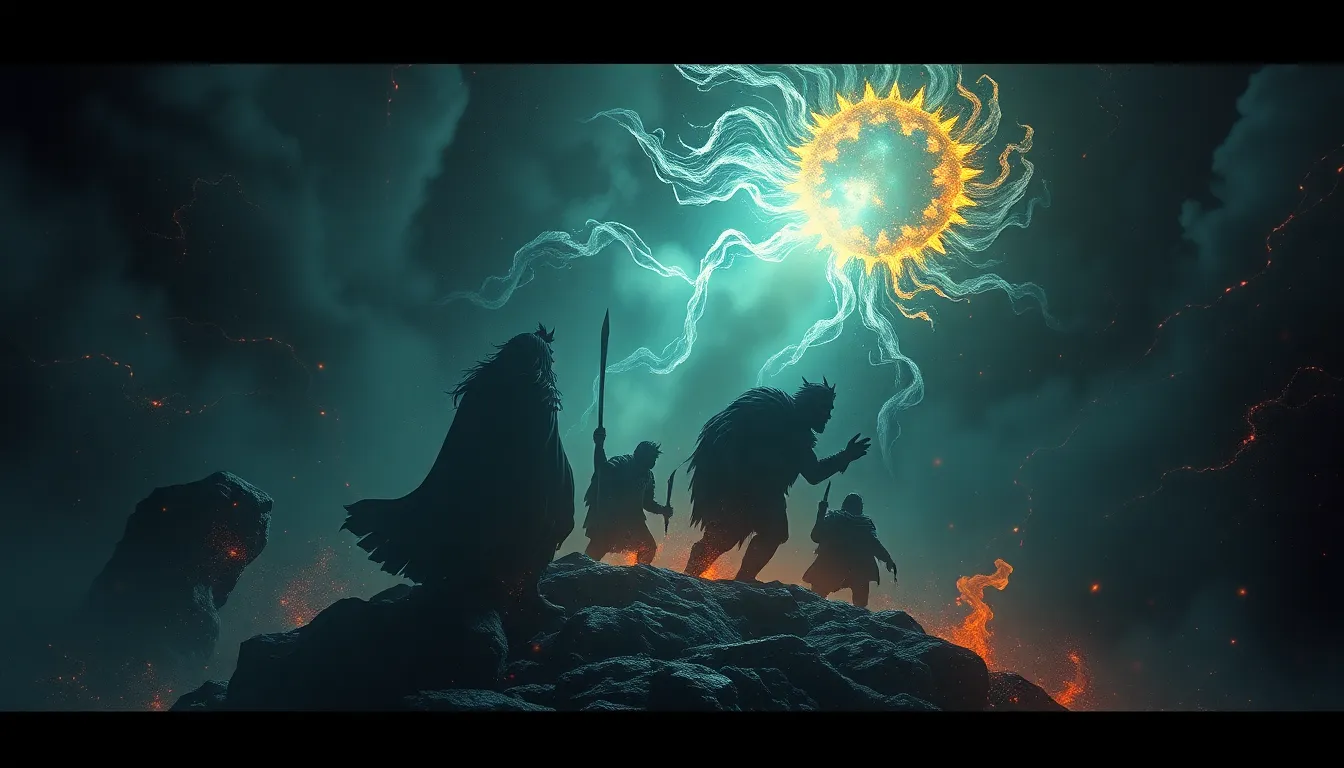Cultural Hero Myths: The Stories That Define Us
Introduction to Cultural Hero Myths
Cultural hero myths are narratives that recount the deeds and adventures of extraordinary figures who embody the values, ideals, and struggles of a community or society. These myths serve as a lens through which cultures interpret their past, understand their present, and envision their future. They are essential in shaping societal norms and identity, providing a shared narrative that can unify diverse groups under common goals and values.
This article will explore the origins of these hero myths, their influence on cultural identity, their moral teachings, modern reinterpretations, gender perspectives, psychological impacts, controversies, and the future of hero myths in a rapidly changing world.
The Origins of Hero Myths Across Cultures
Hero myths have existed since the dawn of civilization, with roots found in the oral traditions of ancient cultures. These narratives often reflect the historical context of their time, serving as both entertainment and moral instruction.
- Historical Context: Ancient civilizations such as Mesopotamia, Greece, and Egypt produced epic tales of heroes like Gilgamesh, Hercules, and Osiris, respectively.
- Common Themes: Hero myths frequently explore themes of bravery, sacrifice, and the struggle against overwhelming odds. They often feature archetypal characters, such as the reluctant hero, the wise mentor, and the villain.
- Prominent Figures: Examples include:
- King Arthur from British folklore
- Maui from Polynesian mythology
- Hiawatha from Native American tradition
The Role of Myth in Cultural Identity
Hero myths play a significant role in shaping a collective identity for a community or nation. They serve as a foundation for shared values and ideals, fostering a sense of belonging among individuals.
- Collective Identity: The stories of heroes often encapsulate the struggles and triumphs of a people, reinforcing a sense of unity.
- National Pride: Many nations celebrate their heroes as symbols of national identity, often using them to inspire patriotism.
- Case Studies:
- The American myth of George Washington as a founding father
- The Mexican legend of Emiliano Zapata, symbolizing the fight for justice and land reform
Hero Myths and Moral Lessons
Beyond mere storytelling, hero myths often carry profound moral lessons that guide behavior and societal norms. They serve as a vehicle for imparting values and ethics to future generations.
- Didactic Function: Hero myths often reflect the values of their societies, teaching lessons on courage, honor, and integrity.
- Moral Implications: For example, the story of Odysseus teaches the value of cleverness and resilience in the face of adversity.
- Impact on Society: These narratives can shape individual behavior, motivating people to aspire to the virtues embodied by their heroes.
Modern Interpretations of Hero Myths
In contemporary culture, hero myths continue to evolve, finding new expressions in film, literature, and popular media. These modern interpretations often reflect current societal values and issues.
- Evolution in Culture: Heroes today are often portrayed with more complexity, embodying flaws and vulnerabilities, as seen in characters like Tony Stark from the Marvel Cinematic Universe.
- Reinterpretation: Traditional heroes are frequently reimagined to align with contemporary values, such as diversity and gender equality.
- Modern Heroes:
- Malala Yousafzai, advocating for girls’ education
- Greta Thunberg, championing environmental activism
Gender and Hero Myths
The portrayal of gender in hero myths reveals much about societal attitudes towards masculinity and femininity. Historically, male heroes have dominated narratives, while female heroes are often sidelined or sexualized.
- Gender Representation: The lack of female heroes in traditional myths has led to a skewed understanding of heroism.
- Portrayal Differences: Male heroes often embody strength and bravery, while female heroes are sometimes depicted with nurturing qualities.
- Feminist Perspectives: Modern feminist interpretations seek to highlight and reclaim female heroes, such as Mulan and Wonder Woman, reshaping the narrative of heroism.
The Psychological Impact of Hero Myths
Hero myths have a profound psychological impact, influencing individuals’ aspirations and coping mechanisms in society. The admiration for heroes can lead to a desire to emulate their qualities.
- Hero Worship: Psychological theories suggest that individuals may project their aspirations onto heroes, fostering a sense of hope and motivation.
- Influence on Aspirations: Heroes can inspire individuals to pursue their dreams and overcome challenges.
- Coping Mechanisms: In times of crisis, societies may turn to their heroes as symbols of resilience and hope, providing comfort and guidance.
Controversies Surrounding Cultural Hero Myths
As societies evolve, so too do the interpretations of hero myths. Some myths have come under scrutiny for perpetuating harmful stereotypes or outdated values.
- Relevance Debates: Some argue that certain hero myths are no longer relevant in today’s context, prompting discussions about their place in modern narratives.
- Critiques: Myths that glorify war or violence can perpetuate negative stereotypes and societal harm.
- Examples of Reevaluation: The reevaluation of Christopher Columbus highlights the shift in understanding about heroism and the impact of colonization.
The Future of Cultural Hero Myths
Looking ahead, hero myths will likely continue to evolve in response to a globalized society and the emergence of new heroes arising from social movements.
- Predictions: As global connectivity increases, new heroes may emerge from diverse backgrounds, reflecting a broader range of experiences.
- Social Movements: Current movements for social justice are giving rise to new narratives and heroes who embody the fight for equality.
- Role of Technology: Social media and digital platforms will play a crucial role in shaping and disseminating new hero myths, allowing for diverse voices to be heard.
Conclusion: The Enduring Power of Hero Myths
In conclusion, cultural hero myths are a powerful force in shaping our societies and identities. They serve as mirrors reflecting our values, aspirations, and struggles. From ancient tales to modern interpretations, hero myths continue to inspire and unite us, providing moral lessons and a sense of belonging.
As we navigate the complexities of the modern world, it is essential to explore the hero myths that resonate with us and to recognize the heroes in our own lives. Let us embrace the enduring power of these narratives and continue to seek out stories that uplift and inspire future generations.



